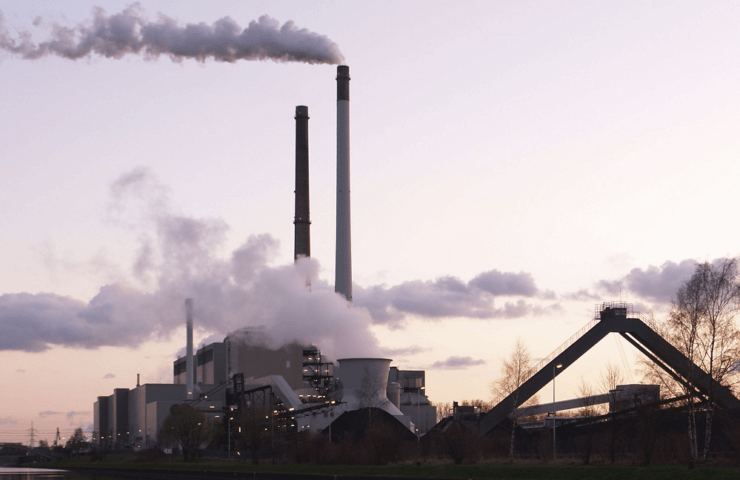Coal will help solve the current energy price crisis in the European Union, although the Russian-Ukrainian conflict is expected to accelerate the move towards renewable energy as a whole, the shipping group said in a statement at the FT Commodities global summit on March 23.
"The only commodity that can help solve Europe's energy crisis in the short term is coal," said Sveinung Stole, deputy general manager of the Greek shipping company Angelicoussis Group. “Whether you like it or not, coal will play a very important role.”
CO2 emissions should hit a record high in 2022, up 2.5% from 2021, despite greater climate attention and the continued impact of the COVID-19 pandemic, according to S&P Global Commodity Insights Analytics, distributed by this week. Greenhouse gas emissions also rose last year due to increased coal use and rising energy demand as the economy recovers from the pandemic.
Stole noted that while iron ore trade has remained relatively stable since Russia's February 24 invasion of Ukraine and should continue, coal trade has increased. It "definitely helps the (shipping) market," he says, especially as coal is now transported over longer distances, which increases truck miles per tonne of coal.
Angelicoussis Group CEO Maria Angelicoussis said coal has become a "fluctuating factor" in freight markets and trade patterns have shifted again following China's ban on coal imports from Australia at the end of 2020. According to her, the company will not transport Russian coal cargo.
Coal is needed so that European power plants can reduce gas consumption from Russia, which will be phased out in accordance with new EU directives and sanctions.
"Europe's dependence on gas is much, much higher than most Asian economies," Stolhe said. “Gas makes up at least 30-40% of total energy demand in most European countries, compared to perhaps 6-7% in China, of which perhaps half is LNG.”
He pointed out that Europe will need more coal until more LNG is brought online, while Asia will continue to burn coal or oil as needed.
Earlier this week, UN Secretary General António Guterres told that in order to "keep afloat" the goal of keeping warming within one and a half degrees, it is necessary to reduce global greenhouse emissions by 2030 gases by 45 percent and achieve carbon neutrality by mid-century, which is almost impossible under the current conditions.
According to the Secretary General, "Russia's war in Ukraine threatens to undermine the food and energy markets", which will also affect the fight against climate change: the world's leading economies are trying to quickly find a replacement for Russian supplies of fossil fuels, and as a result, they risk prolonging their dependence on this source of energy and miss the opportunity to keep warming within 1.5 degrees Celsius.
“Countries can become so engrossed in plugging holes in energy supplies that they forget about measures aimed at reducing the use of fossil fuels. This is crazy,” the head of the UN warned.




